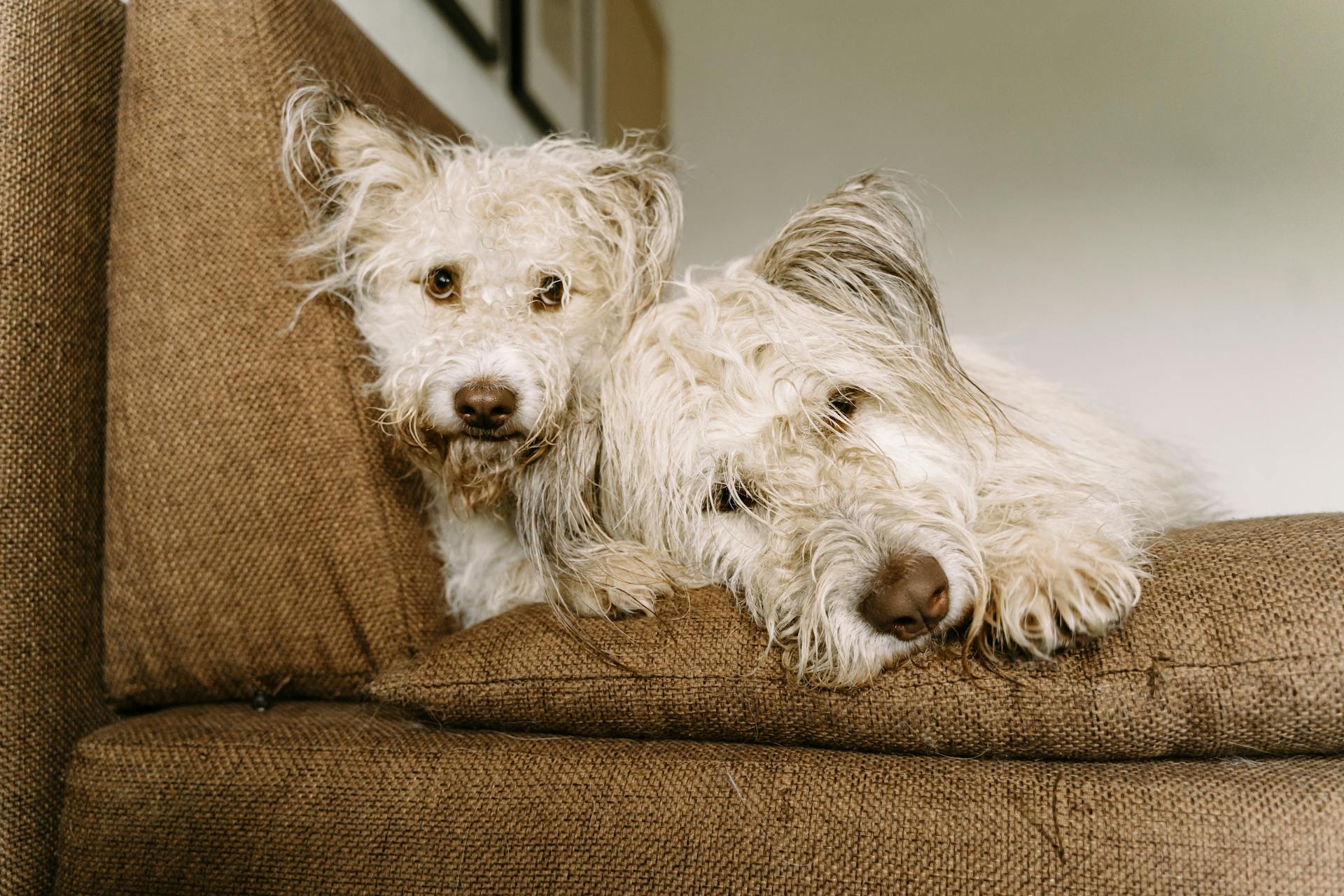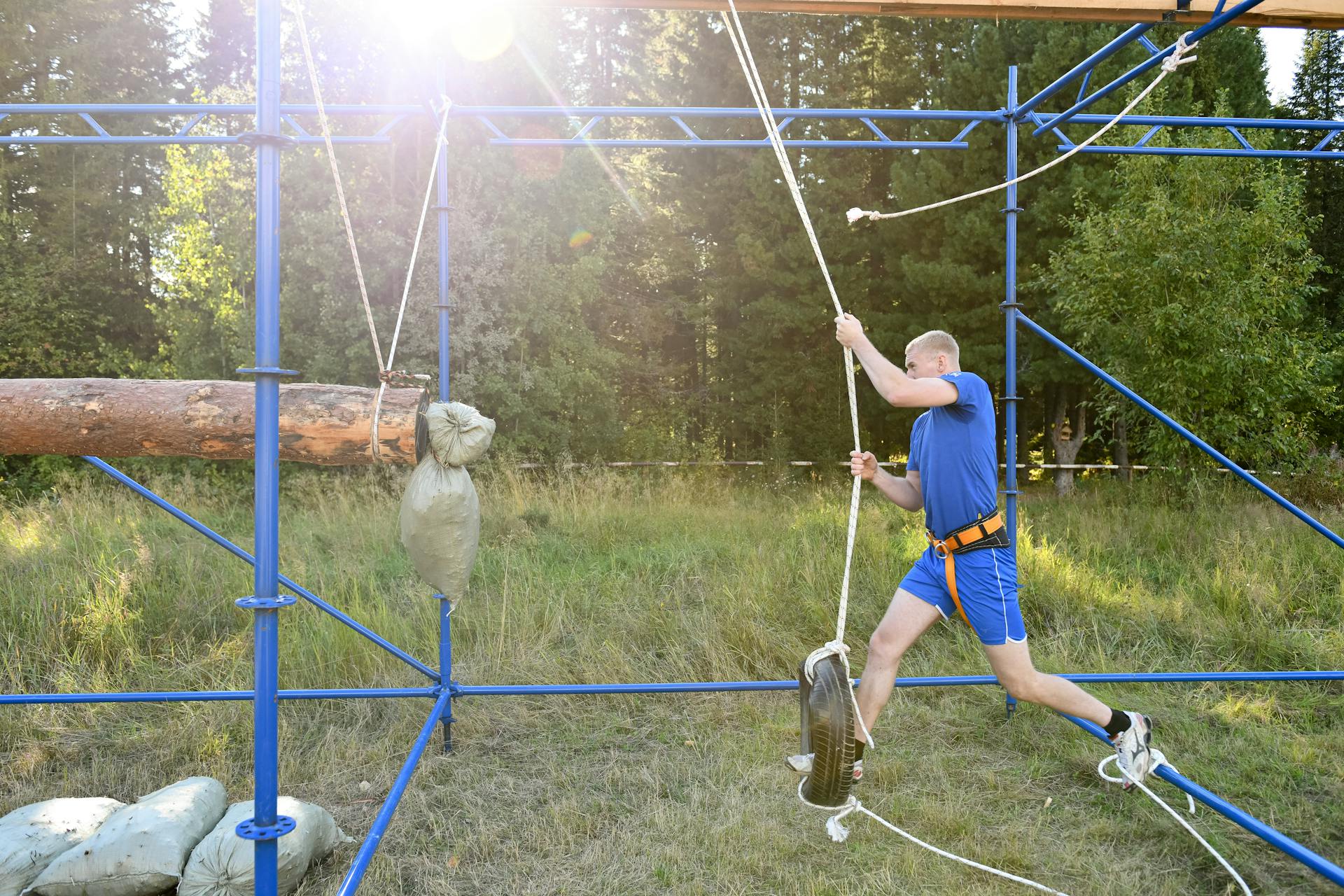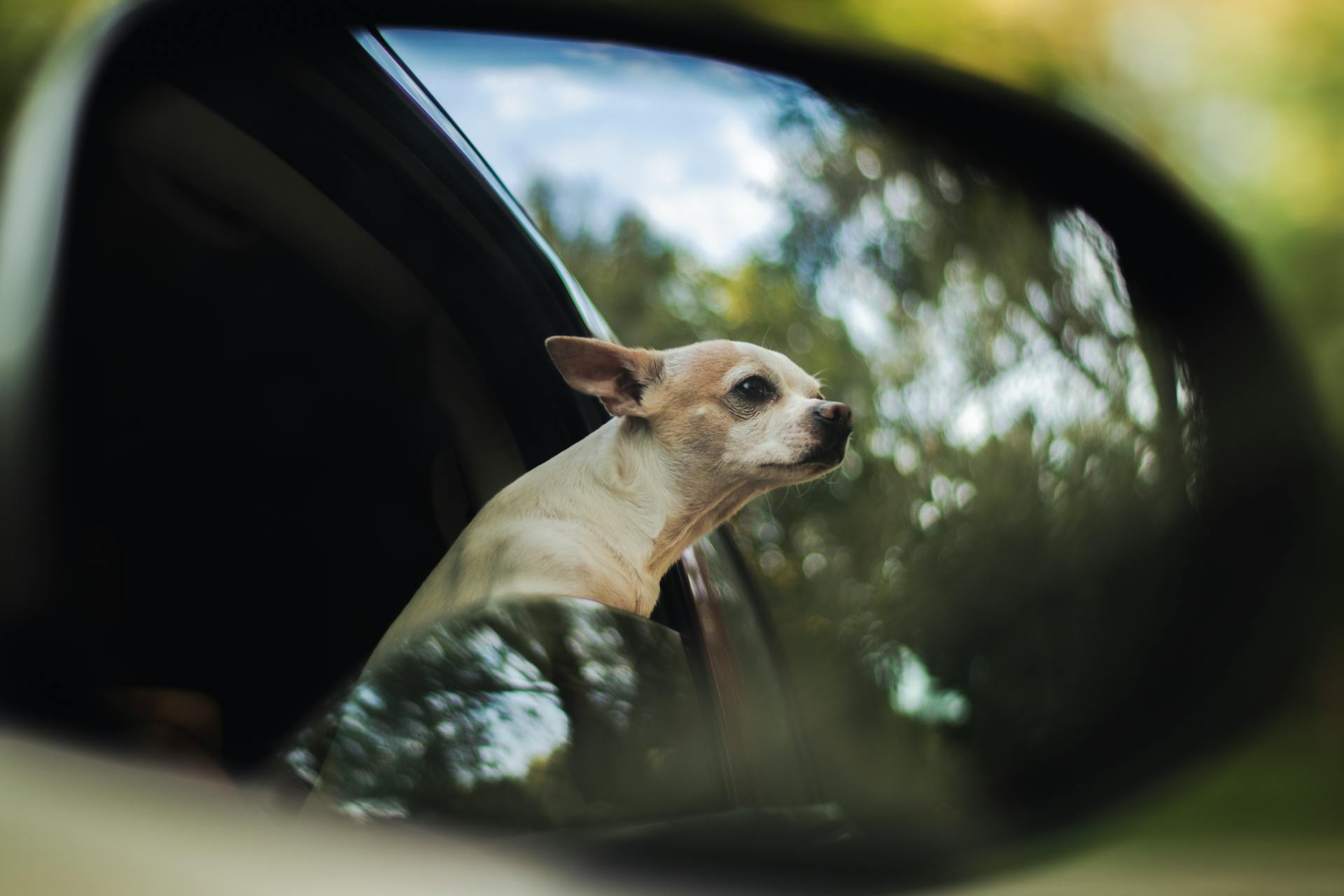
Most cats do not like to be hugged because it is a foreign concept to them and makes them feel uncomfortable. While some cats may enjoy the occasional hug from their owner, others may find it to be a stressful experience. If your cat does not seem to enjoy being hugged, it is probably best to avoid doing it in order to prevent causing them anxiety.
Do all cats react the same way to being hugged?
It is often thought that all cats react the same way to being hugged, but this is not necessarily the case. Some cats may enjoy the physical contact and feel comforted by it, while others may not like it at all. It really depends on the individual cat's personality and preferences.
Cats are not naturally disposed to being hugged or restrained in any way. In the wild, they would never allow themselves to be in a vulnerable position like that. So, it's important to remember that when you hug a cat, you are asking them to do something that is not natural for them. Some cats will be tolerant of it because they trust you and know that you're not going to hurt them, but others may feel very uncomfortable and even threatened.
If you're not sure how your cat will react to being hugged, it's best to err on the side of caution and avoid it. If you do decide to give it a try, be sure to do so gently and with your cat's consent. If they start to squirm or try to get away, it's best to stop immediately.
In general, it's best to just let cats be cats. They are independent creatures that like to do things on their own terms. Forcing them into physical contact is not likely to result in a happy experience for either of you.
For your interest: Why Is My Cat's Fur so Soft?
What are some signs that a cat is feeling anxious?
A cat may show signs of anxiety in many ways. Some common signs include: meowing more than usual, yowling, hiding, shaking, panting, and having a low body temperature.
An anxious cat may also exhibit signs of aggression, such as biting or scratching. If your cat is showing any of these signs, it is important to take them to the vet to rule out any medical causes. If the vet finds no medical reason for the anxiety, there are some things that you can do to help your cat feel more relaxed.
Provide your cat with a hiding place, such as a box or a cave. This will give them a place to go to feel safe.
Make sure that they have plenty of toys to keep them occupied, and that they have a scratching post to help them relieve stress.
Give them plenty of attention and affection, including brushing and petting.
Talk to your vet about possible anti-anxiety medication or pheromone therapy.
Readers also liked: Maltipoo Separation Anxiety
What are some alternative ways to show affection to a cat?
There are a number of alternative ways to show affection to a cat. One way is to pet them with your hand or a soft brush. Another way is to give them a treat or some catnip. You can also try simply sitting or lying near them and letting them come to you. Some people also like to give their cats a light massage.
What are the consequences of hugging a cat too much?
Most people think of hugging as a gesture of affection that is reserved for humans and, possibly, other mammals like dogs and bears. But what about our feline friends? Is it okay to hug a cat, or is it something that should be avoided?
The consequences of hugging a cat too much are usually pretty minor. The cat may squirm to try and get away, or they may simply put up with it if they trust the person. However, there are a few potential problems that could occur if a person hugged their cat too much.
First, the cat may start to associate being hugged with being restrained. This could lead to the cat becoming anxious or stressed when being hugged, even if they trust the person. Second, if the cat is hugged too tightly, they may start to feel claustrophobic and panicky. Finally, if the cat is constantly being hugged, they may become withdrawn and less social.
In general, it is best to err on the side of caution when hugging a cat. A quick hug that is not too tight is usually fine, but Avoid hugging a cat too much or for too long. If you do, you may end up making the cat uncomfortable, and that is not what hugging is supposed to be about.
Is there a difference between hugging a kitten and an adult cat?
Yes, there is a difference between hugging a kitten and an adult cat. Kittens are small and delicate, so you have to be careful when hugging them. Adult cats are usually larger and tougher, so you can hug them a bit harder.
On a similar theme: Why Are My Cats so Staticy?
Frequently Asked Questions
What does it mean when cats hug you?
Cats hug to show affection.
Do mixed breed cats like hugs?
Yes, mixed breed cats do enjoy hugs just as much as any other domestic cat.
What are the benefits of cat hugs?
One of the benefits of cat hugs is that they can help to reduce stress. Cats have several built-in mechanisms for managing stress, such as a strong social hierarchy, purring, and engaging in play. When we are hugged by our cat, this passive calming behavior is transferred to us. Cat hugs can also promote feelings of security and well-being. In addition to reducing stress levels, cat hugs have been shown to be helpful in managing moods. They have been shown to improve happiness levels and emotional stability. One study even found that pet cats or animals who regularly engage in touch (such as human babies) are less likely to experience major depressive episodes. Finally, cat massages can also be very beneficial for your physical health. A regular massage from a friendly cat can help improve circulation and relieve tension headaches, neck pain, and other common problems.
When is National Hug your cat day?
National Hug your cat day is on the 4th June every year.
Why does my cat Hug Me?
There could be many reasons why your cat would want to hug you, but the most likely explanation is that they are looking for comfort or security. Cats are solitary animals, and often rely on human interaction to provide them with psychological stability. When something feels wrong in the environment (like when a new person moves into the house), cats will often seek out any form of secure attachment they can find.
Sources
- https://www.catster.com/lifestyle/cat-behavior-health-anxiety-cats-play-scared-rituals
- https://www.catsittertoronto.ca/do-cats-like-to-be-hugged/
- https://allaboutcats.com/do-cats-like-hugs
- https://www.quora.com/Do-cats-react-to-imitation-or-recordings-of-cat-sounds-meowing-hissing-etc
- https://blog.iconicpaw.com/hugging-cats-do-they-like-it/
- https://bikehike.org/does-hugging-dogs-actually-give-them-anxiety/
- https://www.quora.com/Is-hugging-your-cat-a-good-form-of-stress-relief
- https://www.wikihow.com/Show-Affection-to-a-Cat
- https://joyspetshop.com/blogs/news/7-ways-to-show-affection-to-your-cat
- https://www.chichocat.com/signs-that-your-cat-is-anxious/
- https://bikehike.org/does-hugging-your-dog-give-them-anxiety/
- https://petcreeks.com/cat-anxiety-symptoms/
- https://petsforchildren.com/pet-tips/do-cats-really-like-hugs-debunking-the-biggest-myths-about-our-feline-friends/
- https://www.quora.com/Do-cats-like-to-be-hugged-when-they-sleep
- https://www.pawmaw.com/blog/signs-of-cat-anxiety
Featured Images: pexels.com


